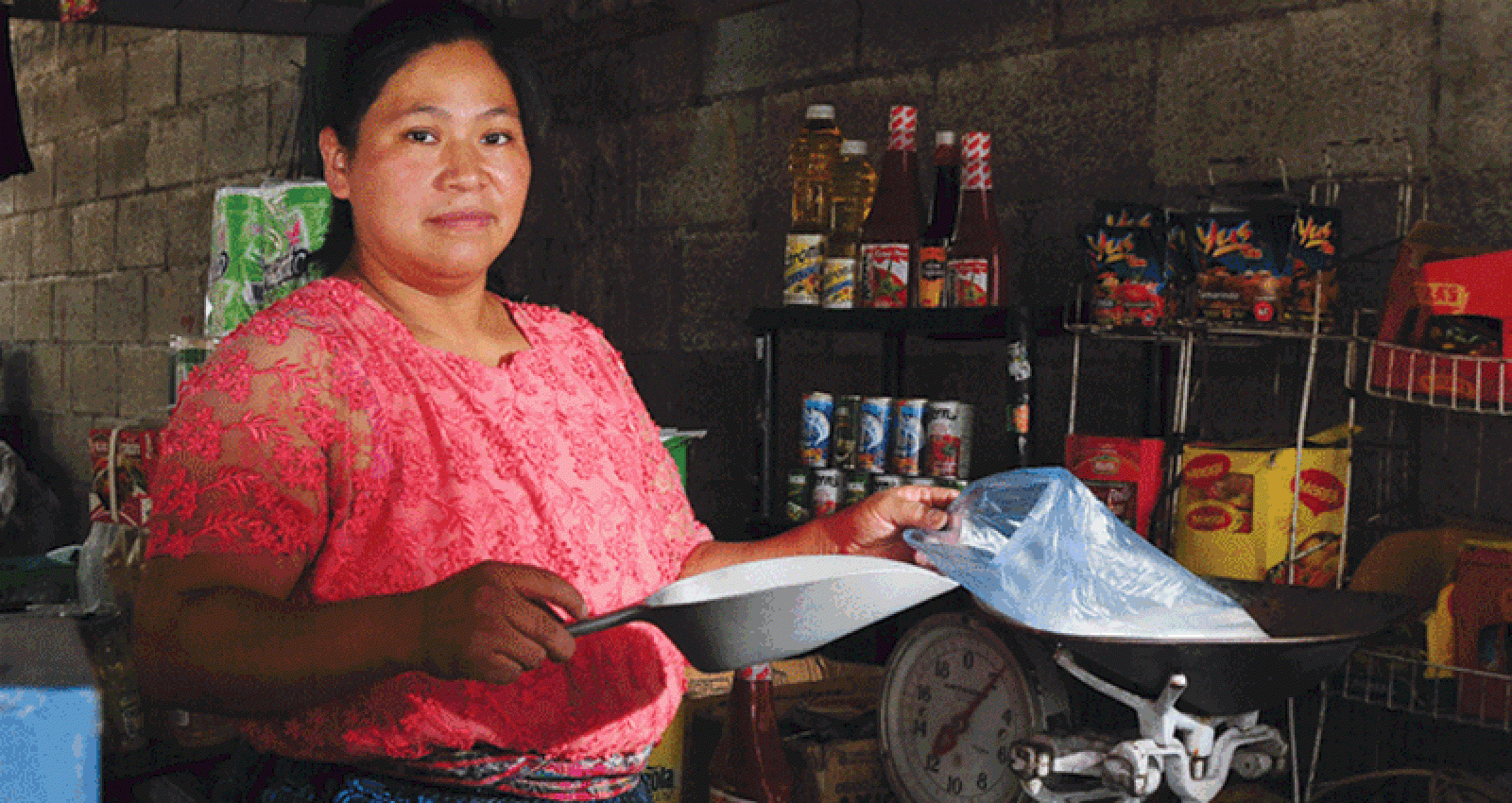Ending Poverty: How Should the World Bank Group Measure its Contribution?
Impartially determining what works and what doesn’t through independent evaluation is central to achieving the Bank Group’s twin goals.
Impartially determining what works and what doesn’t through independent evaluation is central to achieving the Bank Group’s twin goals.
By: Caroline Heider
Last Tuesday’s Financial Times said that "The ultimate test" of the Bank's reorganization will be whether it "…makes the Bank relevant again. He [Mr. Kim] has set two objectives: ending extreme poverty and boosting the incomes of the poorest 40 percent in all developing countries. But it is hard to measure the Bank's contribution to either of them." (FT, Tuesday April 8, 2014)
I couldn’t agree more.
That’s why we at IEG, along with our partners in the World Bank's Vice Presidencies for Development Economics and for Poverty Reduction and Economic Management, brought together some leading thinkers during the Spring Meetings to debate how to measure countries’ progress and assess the Bank Group’s contribution to their success.
Our panel comprised Arsenio Balisacan, the Philippine’s Socio-Economic Planning Secretary; Stefan Dercon, Chief Economist at the UK’s Department for International Development; Nora Lustig, Samuel Z. Stone Professor of Latin American Economics at Tulane University and Martin Ravallion, Professor of Economics at Georgetown University. The discussion provided illuminating insights into some thorny issues.
Why ask difficult questions today, if the goal is to eradicate poverty and boost shared prosperity by 2030?
For one, achieving these goals will be extremely challenging. We will need to channel all development efforts to translate the goals into reality. As Stefan said “it will take getting into messy areas.” To make sure we make a difference, we will need to learn whether our approaches are effective and how to get better results.
The goals in themselves also serve an important function. Martin made the point that while the Millennium Development Goal to reduce extreme poverty and hunger was reached ahead of schedule, in reality the number of poor people – over one billion – remained about the same. Will we face a similar conundrum when we get to 2030, and, if so, could we evaluate these results as success?
A focus on results
Then there is the question of incentives, and making sure the goals are not just a tool for communications, but are ones that change behaviors in fundamental ways. As Nora pointed out, the quality of policies and interventions needs to be evaluated to determine their effects – positive and negative – on poverty and inequality. It is not enough to focus on positive contributions; we must also avoid negative impacts.
Arsenio spoke about the important role the Bank Group plays in connecting global knowledge to local contexts so as to avoid a “one-size fits all approach” in its assistance to client countries. Data to prove what works in poverty reduction is essential to convince skeptics that the gains of growth need to be translated into results for a much broader segment of society.
Data and evaluation
All of the panelists spoke about the importance of data, in particular the need for standards and agreed methods that make datasets comparable, and for the pooling of data. This is the point where our discussion about measurement and evaluation connects to that on the Data Revolution. Our panelists called on the Bank, with its convening power and technical expertise, to take the lead in coordinating efforts and sponsoring statistical capacity development. I would argue that these actions need to be complemented by strong evaluation capacities in client countries.
But, good data alone is not enough.
How often have policies remained uninformed by data and analyses? How frequently is data cherry-picked to make a point about policy that has more to do with political ambitions than evidence?
Here, the essential role of independent evaluation comes to bear: analyzing data, triangulating information from various sources, and impartially interpreting results to distill what works and why. To achieve the ambitious goals of eradicating poverty and boosting shared prosperity by 2030, we will need to:
The role of independent evaluation is instrumental, and it is incumbent upon us to hone our methods to determine more clearly the contributions of each agent of change.

Add new comment